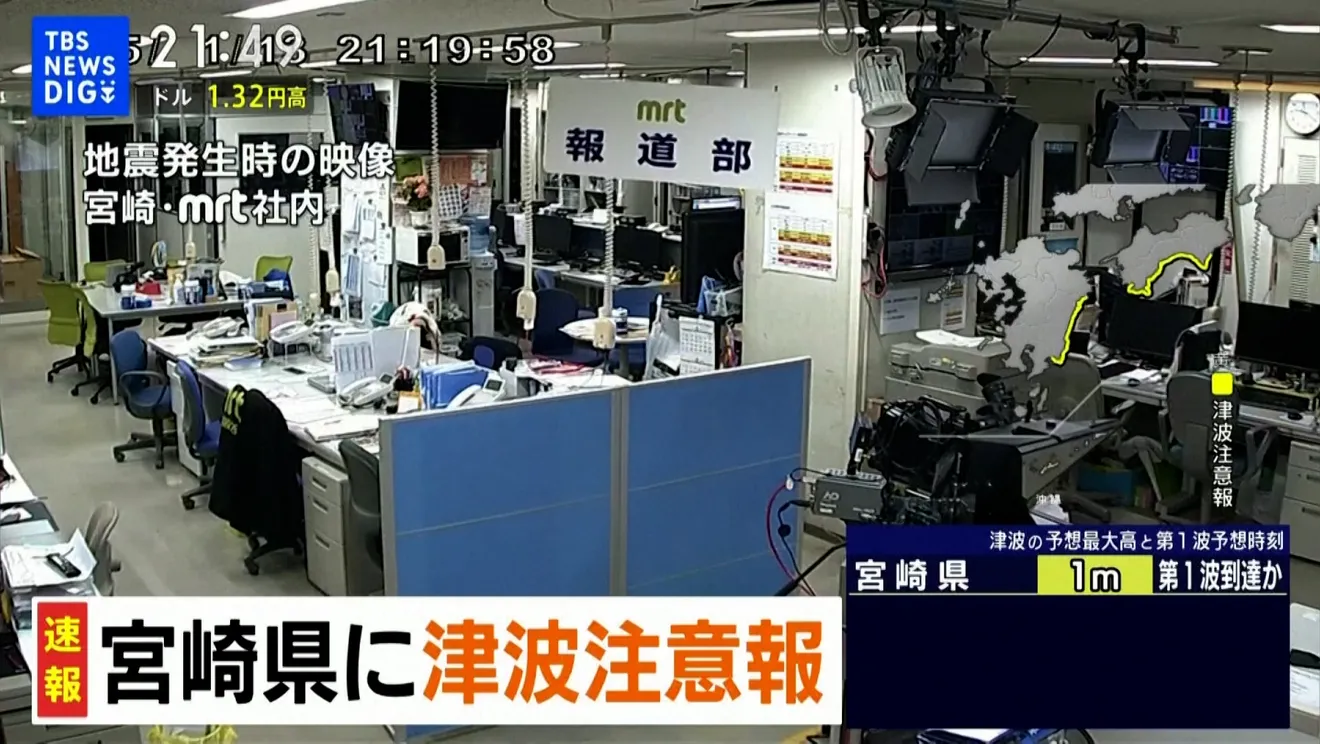In a significant move before the end of his term, outgoing US President Joe Biden introduced new export controls targeting advanced AI technologies.
These measures, announced on Monday, aim to restrict the sale of high-performance AI chips and related software to nations outside a select group of US allies. The policy reflects an intensified effort to counter China’s technological advancements in AI while balancing geopolitical alliances.
The new rules categorize nations into three tiers:
- Unrestricted Allies: Countries like the UK, Japan, and Taiwan, which will face no limitations.
- Prohibited Nations: Nations like Iran and Russia, already under arms embargoes, will face complete bans.
- Intermediate Controls: Most of the world, including key NATO members such as Poland, falls into this category, with quotas limiting annual AI chip imports to 1,700 units.
Commerce Secretary Gina Raimondo underscored the strategic importance of maintaining U.S. dominance in AI technologies, calling the controls “tailored” to limit only the most advanced developments overseas.
The announcement has raised alarms in Europe, where officials criticized the exclusion of several EU countries from the unrestricted tier. European Commission representatives Henna Virkkunen and Maroš Šefčovič expressed concerns about the potential economic and security implications for transatlantic collaboration.
“The EU represents an economic opportunity for the US, not a security risk,” the commissioners said.
Virkkunen and Šefčovič urged constructive engagement with the incoming administration.
With President-elect Donald Trump set to take office, the policy provides a potential leverage point in negotiations over European tech regulations. Critics of EU laws like the General Data Protection Regulation (GDPR), the Digital Markets Act (DMA), and the AI Act argue that these measures disproportionately impact US tech firms. Trump, backed by allies in Silicon Valley, has signaled a willingness to challenge these regulations on the international stage.
Matthew Eitel, a policy expert at the Center for European Policy Analysis, noted that the tiered system allows the US to extract concessions from nations seeking expanded AI tech access. The Trump administration could use this framework to counter EU regulatory efforts perceived as burdensome to American tech companies.
The semiconductor industry has voiced apprehension about the long-term effects of these controls. Critics warn that overly restrictive measures could drive customers in capped countries to seek alternatives in China’s growing chip sector. However, analysts argue that the immediate impact on US global competitiveness may be limited, as Chinese firms continue to face significant manufacturing challenges.
The move represents a broader shift in US technology policy, prioritizing security over open market principles that have defined the sector since the 1990s. While supporters view the policy as a necessary measure to maintain an edge in the AI race, detractors caution against unintended economic consequences.
With input from the Washington Post and Forbes.









